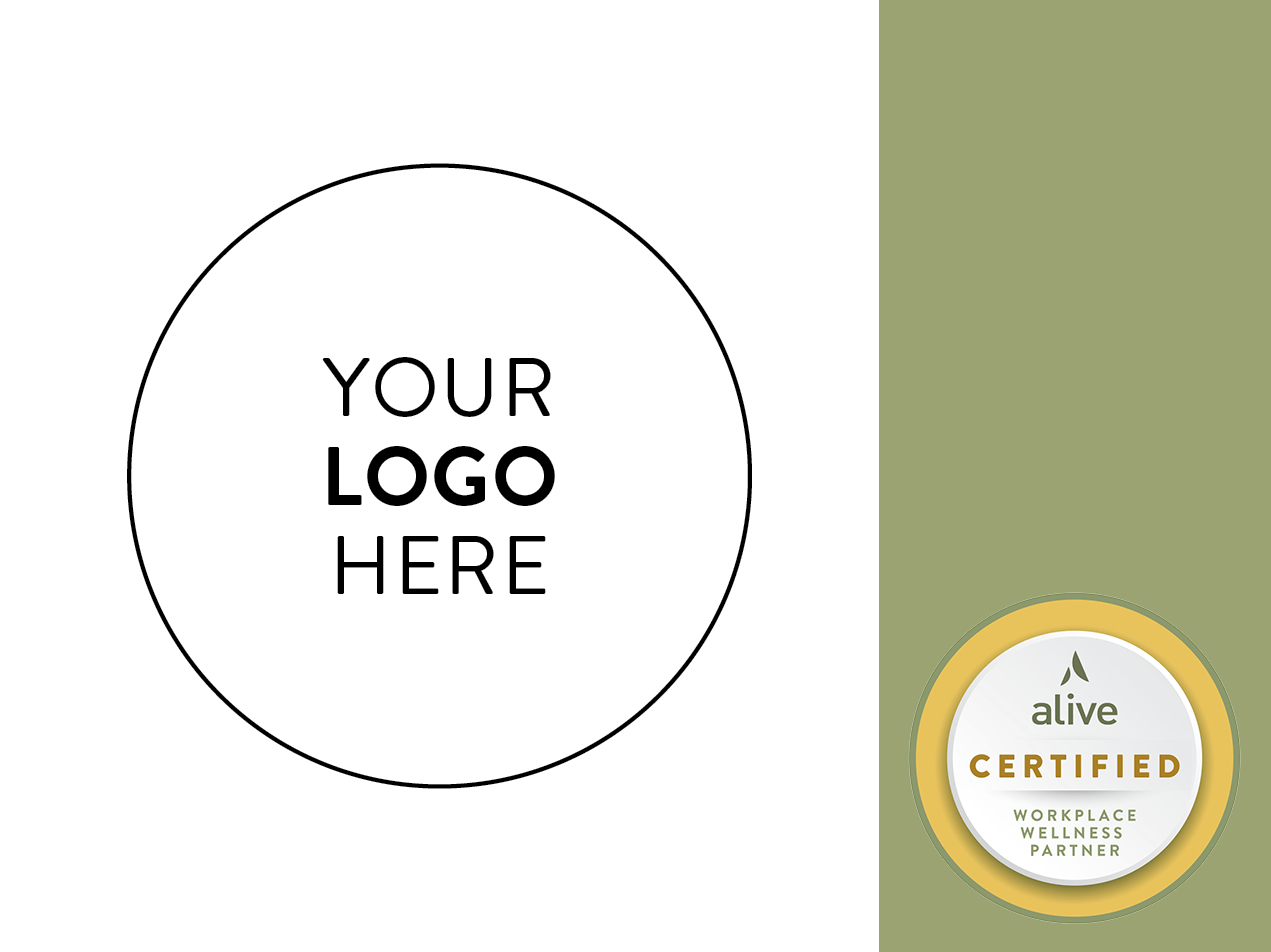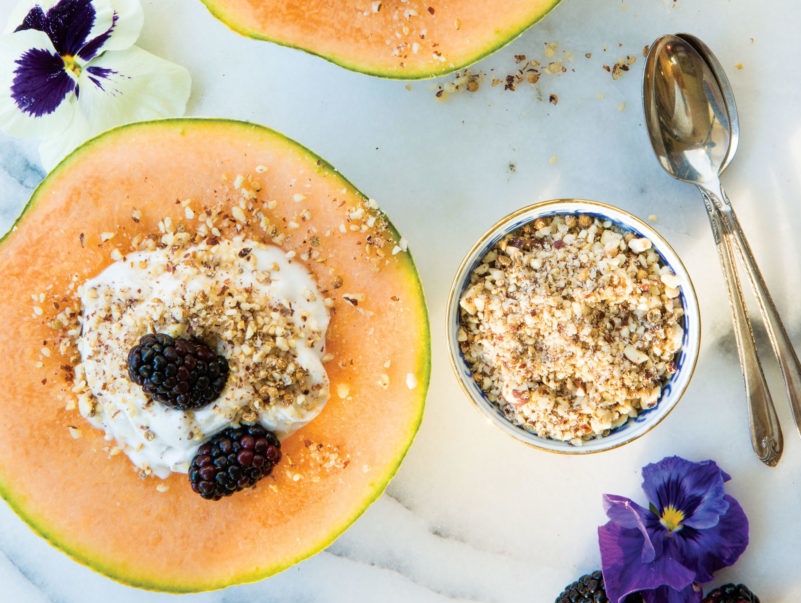
With more than five million uses of self-care-related hashtags on Instagram alone (hi, #selfcaresunday) and the term thrown about liberally to describe everything from getting a pedicure to chugging cold-pressed juice, it’s safe to say that self-care is not only trending, but has gone mainstream. That’s good news for the many health care professionals who consider self-care to be a vital part of maintaining health and well-being.
What is self-care?
There’s no single clinical definition for the term “self-care,” but there’s a generally accepted understanding of what self-care means: the activities you can engage in to help maintain or improve your health. Put simply, it’s the act of taking care of yourself.
Almost everyone knows how important self-care fundamentals like proper sleep, nutrition and exercise are, and the difference they can make to overall health. So why is it so hard for so many of us to actually do them?
A different kind of bank account
Chantale Denis, a clinical social worker and sociologist, cites modern society, with its changing and overlapping roles (particularly for women), as a reason why self-care is so crucial, and yet difficult to put into practice. A single person can be a caregiver, colleague, student, spouse, parent and possibly more, all at the same time.
Many of the women Denis sees in her practice don’t invest time in nurturing themselves, resulting in poor life satisfaction, low self-confidence and a skewed sense of self-awareness.
“With proper self-care,” says Denis, “women find themselves happier, healthier and more hopeful for the future.”
Although finding opportunities to take care of yourself may feel selfish or indulgent, it’s definitely neither—in fact, it’s necessary in order for you to take care of others. Cheryl Bradshaw, a registered psychotherapist and counsellor, explains self-care to her clients using a points system, similar to the idea of an emotional bank. Taxing or stressful situations deduct points, while positive and enriching actions help restore points.
The idea is to keep your points from running low by participating in activities that inspire and uplift.
Self-care starters
Everyone finds different activities refresh and replenish them depending on their level of health and ability, their preferences and their time constraints.
Even little things, like a short walk or a cuddle with a pet, can make a huge difference. Making self-care habits instead of one-offs can help, too. For one person, a meditation and mindfulness practice may do wonders, while another may find regularly spending quality time with others to be more restorative.
Bradshaw points out that a natural setting can enhance the benefits of self-care even further. Study after study shows improvements in areas like concentration, memory and creativity after simply being outdoors, making getting outside one of the easiest ways to practice self-care.
Spring is a perfect time to start an outdoor self-care practice. Find a green space, spread out a blanket and take some time for you.
A spring afternoon of self-care
- Wear something you love
- Pack snacks and drinks that nourish you
- Bike or walk to your favorite park, or somewhere you’ve never been
- Draw, color or paint
- Read a book on a topic you’d never normally explore
- Stand up, stretch and move
- Journal and reflect
- Listen to a whole album
- Notice what you see, hear, feel and smell now that you’re outside
- List what you’re grateful for






